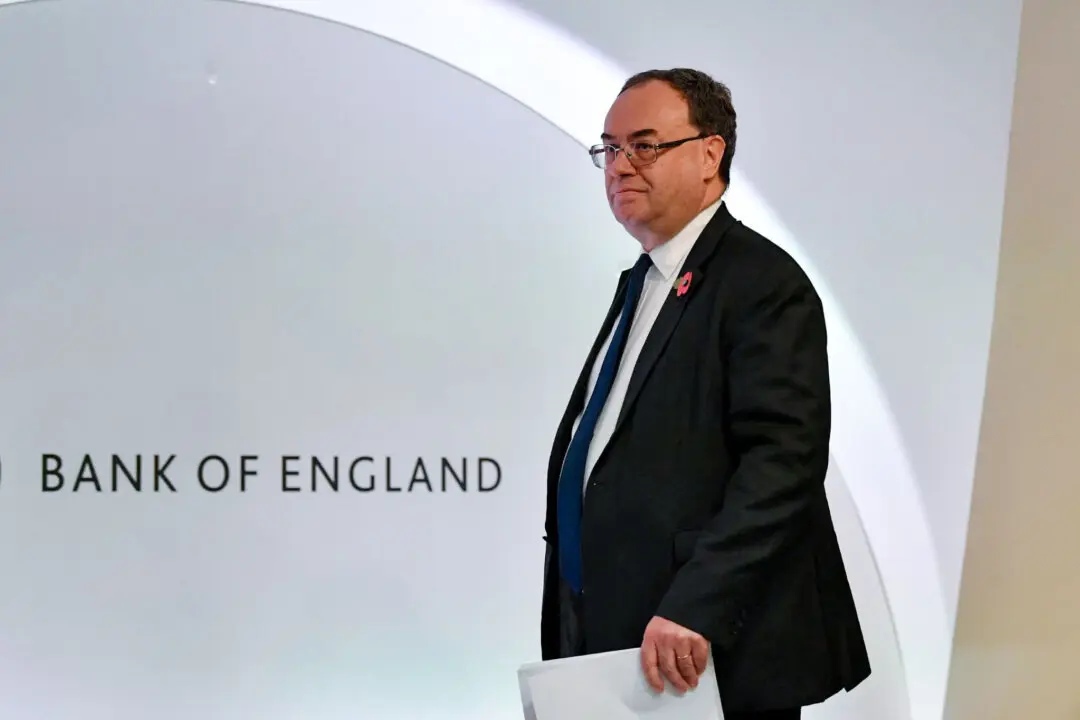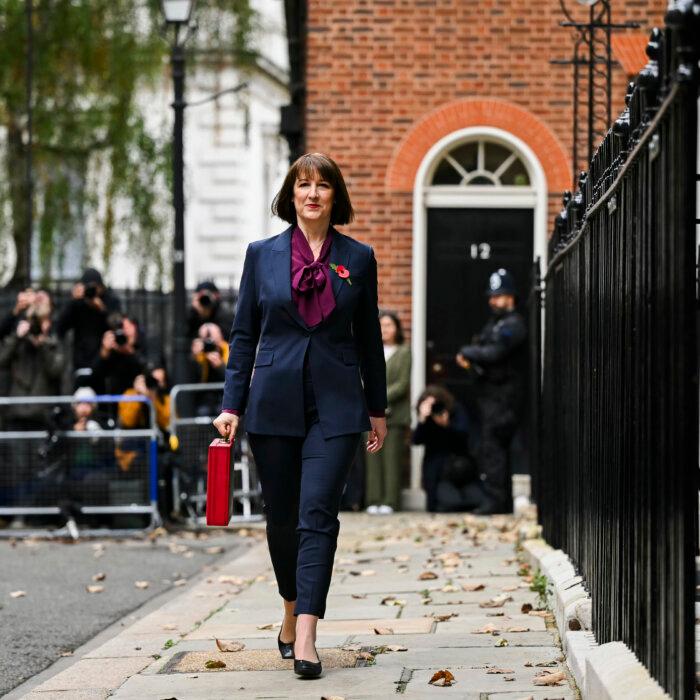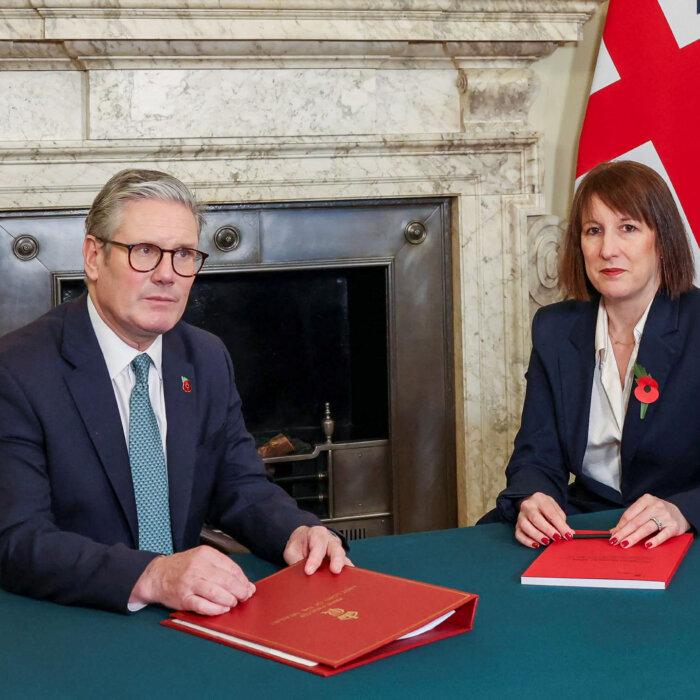Britain must “welcome opportunities to rebuild relations” with Europe after Brexit in order to boost economic growth, the Bank of England (BoE) governor has said.
Andrew Bailey told senior bankers and company bosses on Thursday that Britain’s changing relationship with the EU has affected the supply of goods and services in the country.
“The impact on trade seems to be more in goods than services, that is not particularly surprising to my mind. But it underlines why we must be alert to and welcome opportunities to rebuild relations while respecting the decision of the British people,” he said.
In his speech at Mansion House in London, Bailey stressed that openness to trade facilitates competition and innovation.
“There is also a strong positive relationship between openness to trade and foreign direct investment and its productivity,” the BoE head said.
Labour is keen to deliver on its pledge to grow the economy and secure the highest sustained growth in the G7.
Bailey welcomed the government’s focus on public capital investment, noting that in the past 10 years business investment in Britain has been “particularly weak by G7 standards.”
In 2022, business investment was lower in the UK than any other G7 country for the third year in a row.
UK, US, and EU
Under President-elect Donald Trump’s administration, Washington plans to increase tariffs on goods imported from around the world by 10 percent, which is expected to drive down UK growth.Speaking after Bailey at Mansion House, Chancellor Rachel Reeves said she looks forward to working closely with Trump and his team.
“I will always do what is in our national interest for our economy for our businesses and for the British people. That means free and open trade especially with our most economically important partners.
“That includes the United States, our single most important destination for financial services trade. And there is so much potential for us to deepen our economic relationship on areas such as emerging technologies,” Reeves said.
She also called for a reset of the UK–EU relationship, but stressed that Britain won’t be “reversing Brexit” or changing its single market and customs union position.
At next month’s Eurogroup meeting in Brussels, Reeves will meet with finance ministers from across the EU.
“We must recognise that our markets are highly inter-connected and ensure that on the economy and in financial services our approach supports growth and delivers investment,” she said.
Reeves also used her speech to talk about her pension fund reform and promised a reboot of regulation governing Britain’s financial industry.
Prime Minister Sir Keir Starmer echoed Reeves’s remarks, when asked on Thursday whether he agrees with Bailey’s suggestion to seek closer UK–EU relations.
Speaking to workers at a north Wales factory he said, “We want to reset that relationship, we want a better deal a closer deal when it comes to defence, security, and of course to trade.”
Starmer joined French President Emmanuel Macron on Monday to mark Armistice Day. The leaders discussed key foreign policy issues, including Ukraine, Gaza, and people smuggling across Europe and the English Channel.
Last week, the prime minister met with the President of the European Commission Ursula von der Leyen in Budapest, where they discussed the UK–EU partnership and “the need to work together to tackle the challenges facing Europe.”







